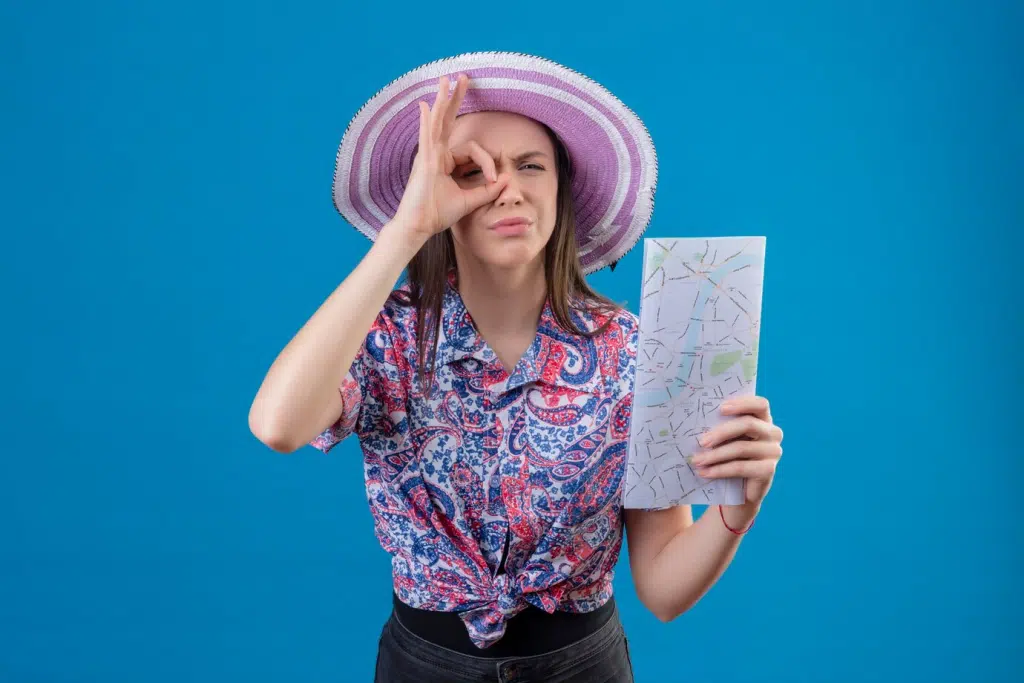Why Travel Is One of the Best Ways to Learn
Oliver Reed August 5, 2025
Travel is more than just a break from routine—it’s a powerful classroom without walls. In 2025, with global connectivity and diverse cultures at your fingertips, travel remains one of the best ways to learn, offering lessons that books and screens can’t replicate. From broadening perspectives to building resilience, travel teaches through immersive experiences that shape your worldview. This article explores why travel is a transformative learning tool and how to maximize its educational benefits.

Why Travel Teaches Like Nothing Else
Travel exposes you to new environments, people, and challenges, creating a unique learning experience that engages all your senses. Unlike traditional education, travel’s lessons are hands-on, immediate, and deeply personal. In a world of rapid change and digital overload, travel offers real-world insights that foster growth and adaptability.
- Broadens Perspectives: Encountering different cultures challenges assumptions and expands your worldview.
- Builds Practical Skills: Navigating unfamiliar places hones problem-solving, communication, and resilience.
- Deepens Self-Awareness: Travel pushes you out of your comfort zone, revealing your strengths and limits.
How Travel Fuels Learning
Travel’s ability to teach stems from its immersive, experiential nature. Here’s how it sparks growth and learning:
1. Expands Cultural Understanding
Travel immerses you in new cultures, from local customs to cuisines, teaching empathy and open-mindedness. Engaging with different ways of life challenges biases and fosters a deeper appreciation for diversity.
- Why It Works: Direct exposure to other cultures builds understanding that reading or videos can’t match.
- Example: Sharing a meal with locals in a foreign country teaches you about their values and traditions firsthand.
2. Sharpens Problem-Solving Skills
Travel often involves unexpected challenges, like missed flights or language barriers. Navigating these situations builds critical thinking and adaptability, skills that translate to everyday life.
- Why It Works: Real-time problem-solving in unfamiliar settings strengthens your ability to think on your feet.
- Pro Tip: Keep a small notebook to jot down solutions to travel challenges, reinforcing what you learn.
3. Enhances Communication and Social Skills
Interacting with people from different backgrounds, often across language barriers, hones your ability to communicate clearly and connect authentically.
- Why It Works: Travel forces you to adapt your communication style, fostering patience and creativity.
- Example: Learning basic phrases in a local language can lead to meaningful interactions and cultural insights.
4. Builds Resilience and Confidence
Travel pushes you out of your comfort zone, whether it’s navigating a new city or adapting to unfamiliar customs. Overcoming these challenges builds mental toughness and self-assurance.
- Why It Works: Facing and resolving uncertainties during travel strengthens your ability to handle life’s unpredictability.
- Pro Tip: Reflect on a tough travel moment to identify how it made you stronger.
Practical Ways to Maximize Learning Through Travel
To make travel a rich learning experience, approach it with intention and openness. Here’s how to get the most out of it:
1. Research Your Destination
Learn about your destination’s history, culture, and current events before you go. This context deepens your understanding and makes experiences more meaningful.
- How to Do It: Read a book, watch a documentary, or follow local news about your destination.
- Pro Tip: Use apps like Culture Trip or Lonely Planet for quick cultural insights.
2. Engage with Locals
Interacting with locals offers authentic lessons about their way of life. Ask questions, listen, and participate in community activities when possible.
- How to Do It: Visit local markets, join a guided tour with a local expert, or strike up a conversation at a café.
- Example: Asking a vendor about a traditional dish can teach you about its cultural significance.
3. Keep a Travel Journal
Documenting your experiences through writing or photos helps you process and retain what you learn. Reflection turns fleeting moments into lasting lessons.
- How to Do It: Write daily about one new thing you learned, like a cultural custom or personal insight.
- Pro Tip: Use a digital app like Day One or a small notebook for easy journaling on the go.
4. Embrace Challenges as Opportunities
Travel hiccups—like getting lost or miscommunication—are chances to learn. Approach them with curiosity rather than frustration.
- How to Do It: When a challenge arises, pause and ask, “What can I learn from this?”
- Example: Missing a bus might lead to discovering a hidden gem while finding an alternative route.
5. Try New Experiences
Step outside your comfort zone by trying new foods, activities, or traditions. These experiences stretch your perspective and spark growth.
- How to Do It: Sign up for a local cooking class, attend a cultural festival, or try a new outdoor activity.
- Pro Tip: Set a goal to try one new thing per trip, no matter how small.
Making Learning a Lifelong Travel Habit
To sustain travel’s educational benefits, integrate learning into every trip:
- Reflect After Each Trip: Spend 15 minutes post-trip journaling about key lessons and how they apply to your life.
- Stay Curious: Approach every destination with a learner’s mindset, asking questions and seeking understanding.
- Share Insights: Discuss what you learned with friends or colleagues to reinforce and share knowledge.
- Plan Diverse Trips: Vary your destinations to expose yourself to different cultures and challenges.
Overcoming Common Travel Learning Challenges
- Challenge: Feeling overwhelmed by new environments.
Solution: Start with small, manageable experiences, like a short local trip, to build confidence. - Challenge: Staying in your comfort zone.
Solution: Commit to one new activity per trip to push your boundaries. - Challenge: Forgetting lessons learned.
Solution: Journal regularly and review entries to cement insights.
Tools to Enhance Travel Learning
- Travel Apps: Culture Trip, Duolingo, or Google Translate for cultural and language learning.
- Journals: A notebook or app like Notion for documenting reflections.
- Guidebooks: Digital or physical guides like Lonely Planet for destination context.
- Camera: A phone or small camera to capture moments that spark learning.
The Bigger Picture: Travel as Learning in 2025
In 2025, with global travel more accessible and sustainable practices on the rise, travel remains a powerful way to learn. It offers lessons in empathy, adaptability, and resilience that are invaluable in a connected, ever-changing world. By approaching travel with intention, you turn every journey into an opportunity for personal and intellectual growth.
Conclusion: Learn Through Travel
Travel is one of the best ways to learn because it immerses you in real-world experiences that challenge and inspire. From cultural understanding to problem-solving, the lessons of travel are profound and lasting. Start with intentional planning, engage with locals, and reflect on your experiences. In a busy world, travel’s ability to teach makes it a transformative tool for growth. Pack your curiosity and let every journey shape you.
References:
Brown, B. (2018). Dare to Lead: Brave Work. Tough Conversations. Whole Hearts. Random House. https://www.penguinrandomhouse.com/books/247009/dare-to-lead-by-brene-brown/
Kolb, D. A. (1984). Experiential Learning: Experience as the Source of Learning and Development. Prentice Hall. https://www.pearson.com/us/higher-education/product/Kolb-Experiential-Learning-Experience-as-the-Source-of-Learning-and-Development/9780133892406.html
Mezirow, J. (1991). Transformative Dimensions of Adult Learning. Jossey-Bass. https://www.wiley.com/en-us/Transformative+Dimensions+of+Adult+Learning-p-9781555423391
Csikszentmihalyi, M. (1990). Flow: The Psychology of Optimal Experience. Harper & Row. https://www.harpercollins.com/products/flow-mihaly-csikszentmihalyi







